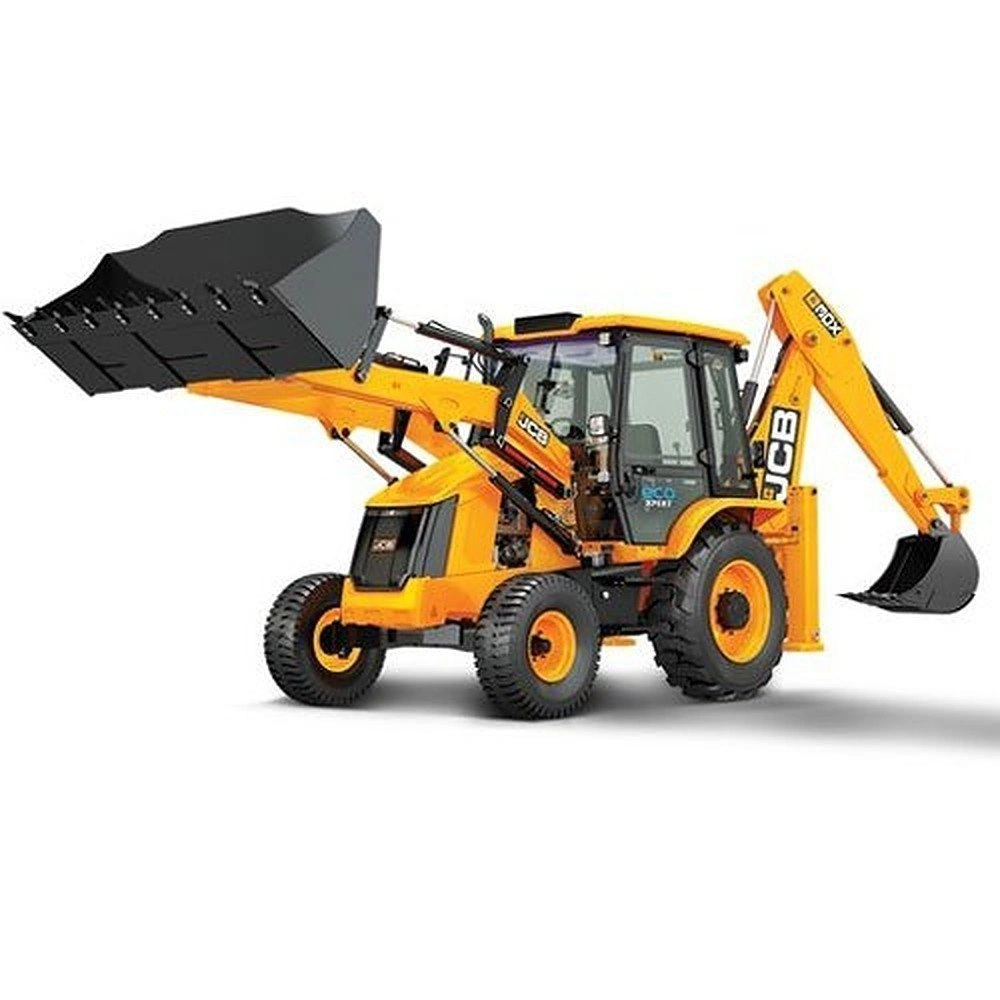Routine inspections are a cornerstone of effective maintenance for tractors and heavy machinery. These powerful machines are vital in agriculture, construction, and various industrial sectors, and their reliability directly impacts productivity and operational efficiency. Regular inspections not only prevent unexpected breakdowns but also ensure safety and longevity. Here’s why routine inspections are essential for keeping tractors and heavy machinery in top condition.
1. Prevents Unexpected Breakdowns
Heavy machinery operates under intense conditions, often involving heavy loads and continuous use. Routine inspections allow you to identify potential issues before they lead to unexpected breakdowns. By checking components such as engines, hydraulics, and transmissions regularly, you can detect early signs of wear or malfunction, preventing costly repairs and downtime.
2. Ensures Safety
The safety of operators and those working around heavy machinery is paramount. Routine inspections help ensure that critical safety systems, such as brakes, lights, and safety alarms, are functioning correctly. Regular checks on hydraulic systems and structural components also help prevent accidents caused by equipment failure. By maintaining safety standards, you reduce the risk of injuries and create a safer working environment.
3. Enhances Equipment Performance
Well-maintained machinery performs more efficiently and effectively. Routine inspections ensure that all systems are operating at optimal levels. This includes checking fluid levels, filters, belts, and electrical systems. By addressing minor issues during inspections, you help maintain peak performance and prevent declines in productivity due to equipment malfunction.
4. Extends Equipment Lifespan
Heavy machinery represents a significant investment, and regular inspections are key to extending its lifespan. Inspections help catch and address issues early, reducing wear and tear on critical components. Regular maintenance tasks, such as lubrication and component adjustments, keep machinery in good working order, maximizing its useful life and protecting your investment.
5. Reduces Long-Term Costs
While routine inspections involve a cost, they are a fraction of the expense compared to major repairs or replacements caused by neglect. By identifying and fixing small issues before they escalate, you avoid more significant, costly repairs. Regular maintenance also helps prevent costly downtime, as equipment is less likely to experience unexpected failures.
6. Improves Fuel Efficiency
Tractors and heavy machinery often operate under heavy loads, and efficient fuel use is crucial for cost management. Routine inspections include checking for issues that can affect fuel efficiency, such as clogged filters or engine inefficiencies. By maintaining optimal performance and addressing fuel-related issues, you can improve fuel economy and reduce operating costs.
7. Maintains Compliance
In many regions, regulations require that heavy machinery meet specific safety and operational standards. Routine inspections help ensure that your equipment remains compliant with these regulations. Keeping detailed inspection records can also provide proof of compliance, which is essential for passing inspections and avoiding legal issues.
8. Boosts Resale Value
A well-maintained machine with a documented inspection history can significantly increase its resale value. Prospective buyers are more likely to invest in equipment that has been regularly serviced and maintained. Keeping thorough records of inspections and maintenance helps you demonstrate the machine’s condition and reliability, leading to a higher resale price.
9. Enhances Operator Confidence
Operators are more confident and productive when they know they are working with reliable machinery. Regular inspections and maintenance ensure that equipment performs as expected, which can boost operator morale and efficiency. When machinery is consistently in good working order, operators can focus on their tasks rather than worrying about potential equipment failures.
Conclusion
Routine inspections are vital for maintaining the performance, safety, and longevity of tractors and heavy machinery. By preventing unexpected breakdowns, enhancing safety, and extending equipment lifespan, regular inspections play a crucial role in optimizing operations and protecting your investment. Routine checks not only reduce long-term costs and improve fuel efficiency but also ensure compliance with regulations and boost resale value. Prioritizing regular inspections helps keep your machinery running smoothly and efficiently, ultimately contributing to a more productive and successful operation.





